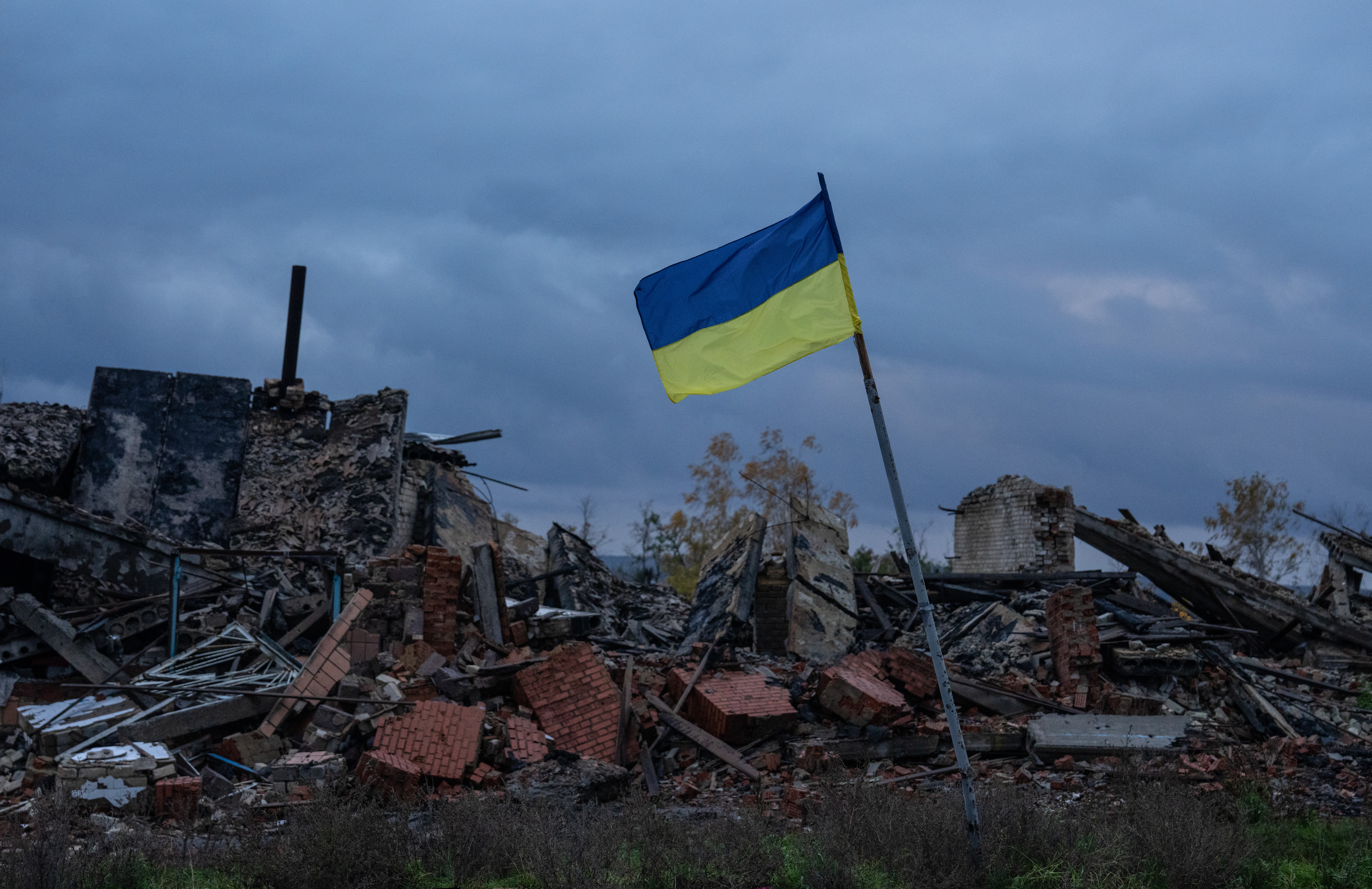This month marks ten years of Russia’s armed aggression against Ukraine and two years since the full-scale invasion. Since 2022, the West has stood largely united behind Ukraine’s right to defend itself and responded in an unprecedented manner to support Kyiv and punish Moscow. What’s more, European nations appear determined to reinvest in their own defense and deterrence. These developments have led to Russia’s partial isolation. But after a decade of conflict on the European continent, Moscow still does not appear ready to back away from its revanchism. While the United States, after having demonstrated unquestionable leadership at the head of the alliance to help Ukraine, is now in the throes of difficult debates about further levels of support for Kyiv in an important election year.
Will Ukrainian determination and aid from the European Union be sufficient to check Russian aggression? How has the war affected neighboring countries and regions from Central and Eastern Europe to the Greater Middle East? What should we expect from the US administration and Congress in 2024 regarding Ukraine assistance and Black Sea regional security? Please join the Middle East Institute for a panel discussion on these and other critical questions on the global reverberations stemming from the ongoing Russo-Ukrainian war.
Speakers
Stephen Flanagan
Advisory Council, Black Sea Program, Middle East Institute; adjunct senior fellow at RAND; Adjunct professor at Georgetown University
Dalibor Rohac
Resident Scholar, American Enterprise Institute
Maria Tomak
Head of the Crimea Platform Department, Mission of the President of Ukraine in Crimea
Iulia Joja (Moderator)
Director, Black Sea Program, Middle East Institute
Detailed Speaker Biographies
Stephen J. Flanagan is an adjunct senior fellow at the RAND Corporation with a diverse background in U.S. global defense strategy, alliance relations, and regional security in Europe/Eurasia and East Asia and the Pacific. He has held various senior positions in the U.S. government, including Special Assistant to the President and Senior Director for Defense Policy and Strategy at the National Security Council. Flanagan has also served in roles such as the lead advisor to former Secretary of State Madeleine Albright on NATO's Strategic Concept and as Director of the Institute for National Strategic Studies at the National Defense University. Additionally, he has contributed significantly to academia with research and faculty positions at institutions like Harvard's Kennedy School of Government and the National War College. He holds an A.B. in political science from Columbia University and a Ph.D. in international relations from the Fletcher School, Tufts University
Dalibor Rohac is a senior fellow at the American Enterprise Institute (AEI), where he studies European political and economic trends, specifically Central and Eastern Europe, the European Union (EU) and the eurozone, US-EU relations, and the post-Communist transitions and backsliding of countries in the former Soviet bloc. He is concurrently a research associate at the Wilfried Martens Centre for European Studies in Brussels and a fellow at Anglo-American University in Prague. Before joining AEI, Dr. Rohac was affiliated with the Cato Institute’s Center for Global Liberty and Prosperity, the Max Beloff Centre at the University of Buckingham, the London-based Legatum Institute, and the Center for the New Europe in Brussels. He has a PhD in political economy from King’s College London; an MPhil in economics from St Antony’s College, University of Oxford; an MA in economics from George Mason University; and a BA in economics from Charles University in Prague.
Iulia-Sabina Joja, Ph.D., is a senior fellow and director of MEI's Black Sea Program. She teaches European security as an adjunct professor at Georgetown University and George Washington University. Her research and teachings focus primarily on European and Black Sea security. Prior to this, Iulia Joja served as an adviser to the Romanian President and as a deputy project manager at NATO Allied Command Transformation in Virginia. She has worked with the Romanian delegation to the United Nations, the European Parliament, and the Romanian Ministry of Foreign Affairs. She was also a visiting scholar at the Center of Military History and Social Sciences of the German Armed Forces in Potsdam/Berlin and a DAAD postdoctoral fellow at the Foreign Policy Institute of the Johns Hopkins School of Advanced International Studies.
(Photo by Carl Court/Getty Images)












